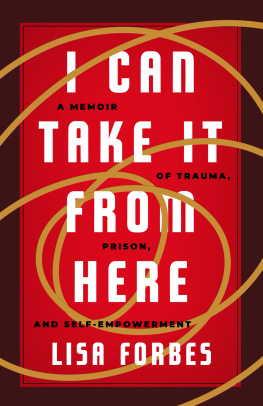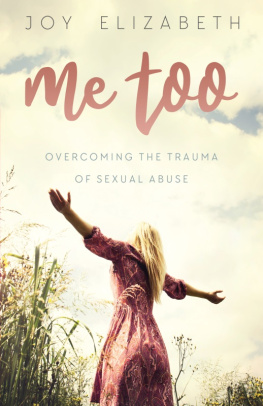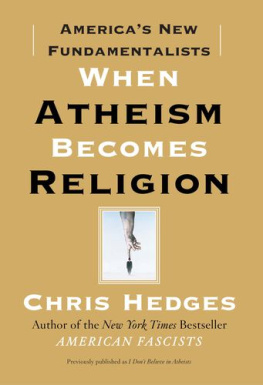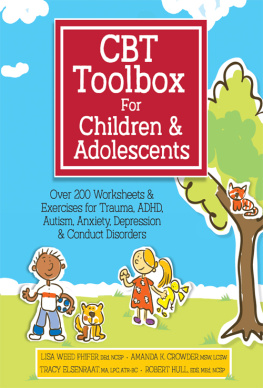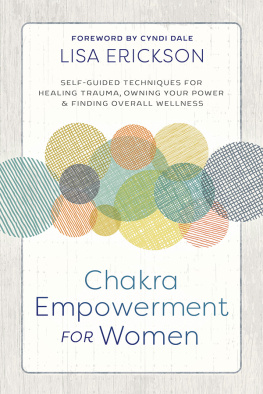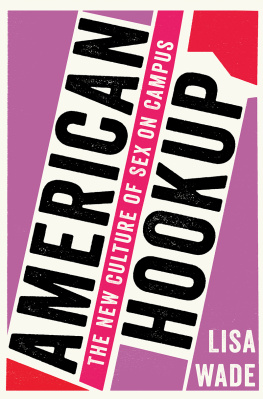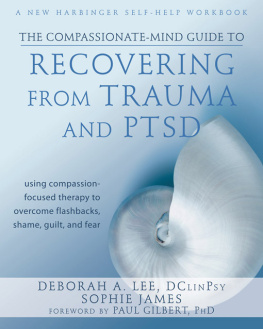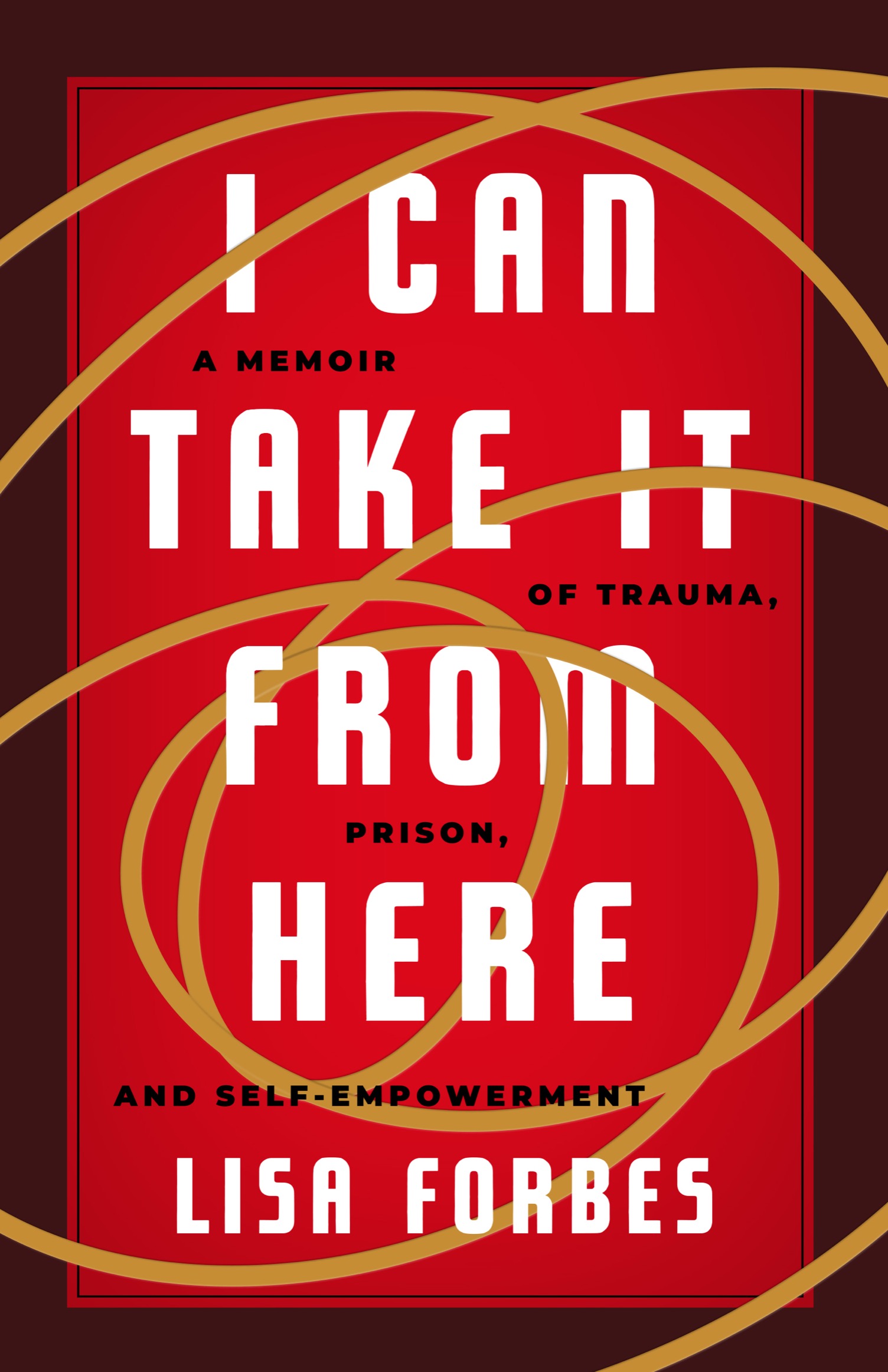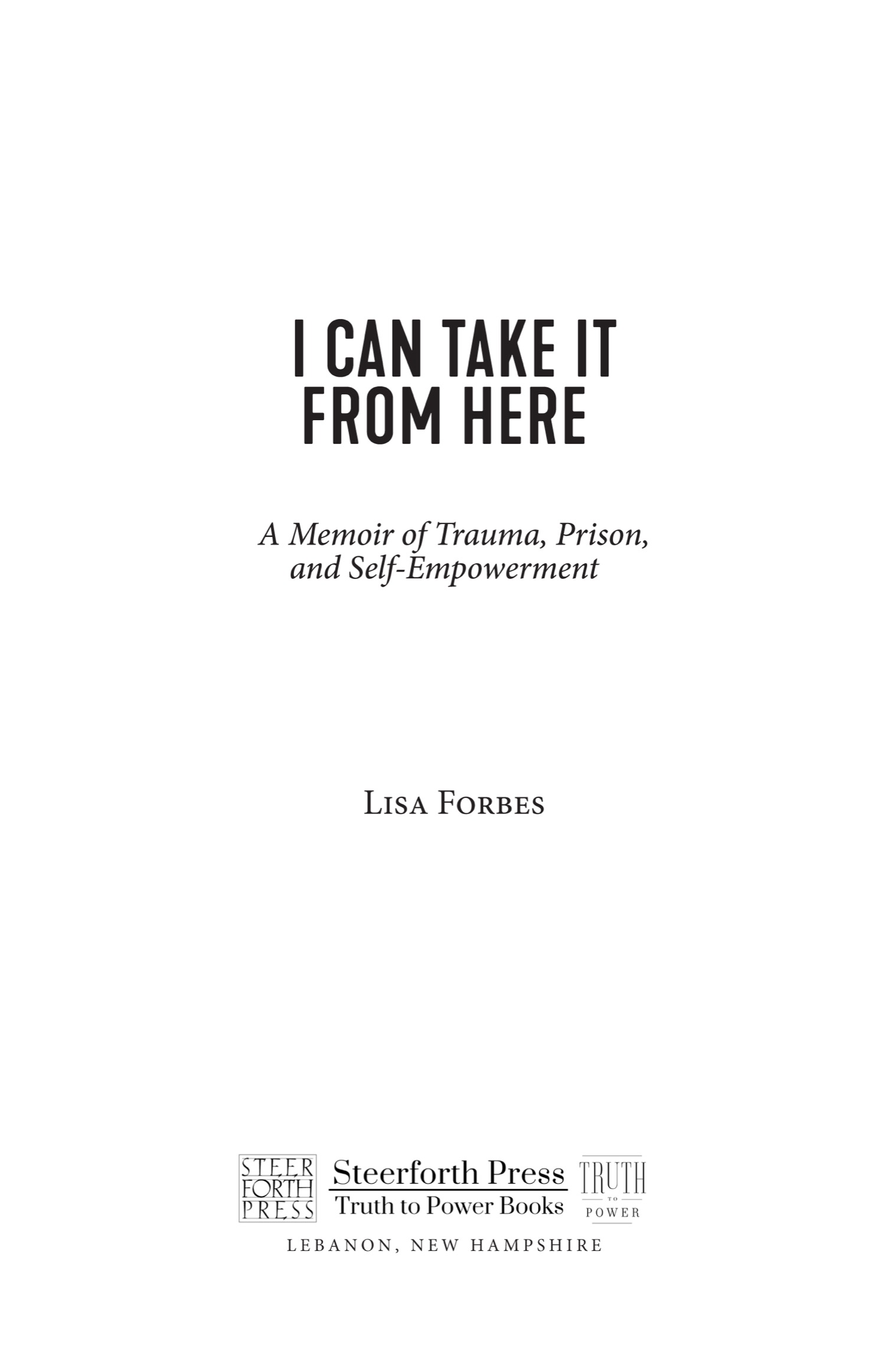It is an under-recognized fact that most former prisoners in the United States are traumatized before entering prison or while in prison. Many published studies indicate that most incarcerated people experienced childhood abuse or neglect.
In 2016, the American Psychological Association published an article that asserted, Nearly all youth detained in the juvenile justice system have experienced traumatic events often leading to Post-Traumatic Stress Disorder. These boys and girls will remain at risk for future offending unless they receive treatment for PTSD and associated conditions. Many of those traumatized youth end up in adult prisons, just as I did.
According to the United States Department of Justice, more than 650,000 ex-offenders, or people I prefer to call restored citizens, are released from prison every year, and studies show that approximately two-thirds will likely be rearrested within three years of release. As a society, we will never end mass incarceration and mass recidivism until we acknowledge and address the role trauma plays alongside other factors, such as systemic racism and poverty.
The book that follows is my story, but in many ways it is also the story of millions of other individuals, and part of the story of our nation. We are all in this together.
ESCAPE
For a long time, I thought I would get out of prison. I was confident a judge would overturn my sentence on appeal and free me to raise my young daughter. I was a nineteen-year-old Black girl from the projects and the people who judged me, mostly white men and a few senior citizens, one of whom the bailiff had to prod repeatedly for sleeping during my murder trial, were hardly a jury of my peers.
Guilty, they had said.
Dont worry, my state-appointed appellate public defender had assured me.
The state of Illinois sent me to the Dwight Correctional Center in 1987. A lot happened that year. The stock market crashed, Michael Jackson released Bad, the dusky seaside sparrow became extinct, Jesse Jackson ran for president, Eli Lilly pitched Prozac to a jittery nation, and a jury convicted me of murdering James Bankston. The state of Illinois moved me from the Cook County Jail where I had languished for eighteen months awaiting trial to Dwight, a maximum-security womens prison some seventy miles from Chicago. A sickeningly cheerful security guard gave me a baggy blue uniform. I got a prison number, too: N77122. In prison, the women played Scrabble, took antidepressants, and watched Cops. At night, I dreamed I was in a different place, back home with my daughter.
My parents, who visited me once a month, thought I would get out, too, although we rarely discussed my appeal. Instead, we talked about politics, home, and religion. My mother brought me Watchtower and Awake! magazines, jammed with stories about missionaries, earthquakes, and the end of the world. Soon, the authors said, natural disasters would plague mankind no more. Under Gods Kingdom, every tear of sorrow will be wiped away forever.
My father, who grew up in Jackson, Tennessee, often talked about the South, and shared memories of his family. He didnt like the boys who dated his sisters. Once, a mule kicked an unlucky relative in the head and, he said, he was never the same after that.
My father loved city politics. He talked about Harold Washington, the first Black mayor of Chicago. Washington died unexpectedly in 1987, shortly after Id gotten to Dwight, and two Black men Timothy Evans and Eugene Sawyer vied for his job. Evans gained the support of African American voters, who saw Sawyer as a puppet. But Sawyer, supported by a mix of white and Black voters, won. Worried about protesters, Sawyer was sworn in at 4:01 A . M . in the parking lot of a closed restaurant. It was the talk of the town.
My mother, a Jehovahs Witness, pooh-poohed such talk. City councils, school committees, presidential candidates flawed rulers could not change the world. She said, Theres no solution to any of these worldly problems except in Jehovahs Kingdom.
My daughter, Mercedes, sat on my lap, looked around, and played happily as we talked. My mother dressed her in a pretty blouse; her hair was always full of barrettes. But she wasnt worry-free.
Three years later, in 1990, I was still waiting for my appeal to be heard. Mercedes had just started first grade. Almost seven, she was a bright little girl and a budding writer. She loved to write short stories. My mother mailed copies of them to me. Full of three-dimensional characters, they included amazing, complex plots. But they werent fairy tales with happy endings. Her characters tended to be sad or angry. I wondered if her stories reflected some inner anguish.
When I told my parents about my concerns, my mother laughed, shook her head, and said, Theyre just stories.
Mercedes favored her father: light complexion, curly hair, brown eyes. Is she Puerto Rican? people asked. By the time I went to prison, she had only seen her father a few times. I dont think she connected his absence to my incarceration. I never talked about my crime. How do you explain a twenty-five-year sentence to a little girl who falls asleep clutching a Cabbage Patch doll a doll that her father gave her? How do you tell your daughter you murdered her father?
During these visits, I tried hard not to cry, but usually I did. Occasionally Mercedes asked when I was coming home. I always smiled and said, Soon.
It could have been worse, several inmates told me. Some killers spend a lifetime behind bars. I might get out in my thirties. I wasnt comforted. My life in Chicagos public housing projects had been awful enough. At four, I was hit by a car. An older brother sexually molested me for years, my sisters bullied me, my father drank, and my mother talked about the last days. God would destroy the worlds nonbelievers, she said, including me. Jehovah knows who hes going to kill.
Jehovah would have to get in line. I was so miserable, I thought about killing myself every day. We lived on the sixth floor of a sixteen-story high-rise in a sea of public housing. I wanted to jump from a high window and leave my unhappy life behind. My daughter saved me from that fate. I named her Mercedes, not after the car, but after Our Lady of Mercy. I understood her to be the patron saint of abuse victims, incest victims, and martyrs, but I wasnt Catholic, and I may have gotten her mixed up with other caring saints. After I went to jail, I learned she was the patron saint of prisoners, too. All I knew was that my daughter was my lifeline. Her unconditional love sustained me like an umbilical cord whose connections were reversed.

